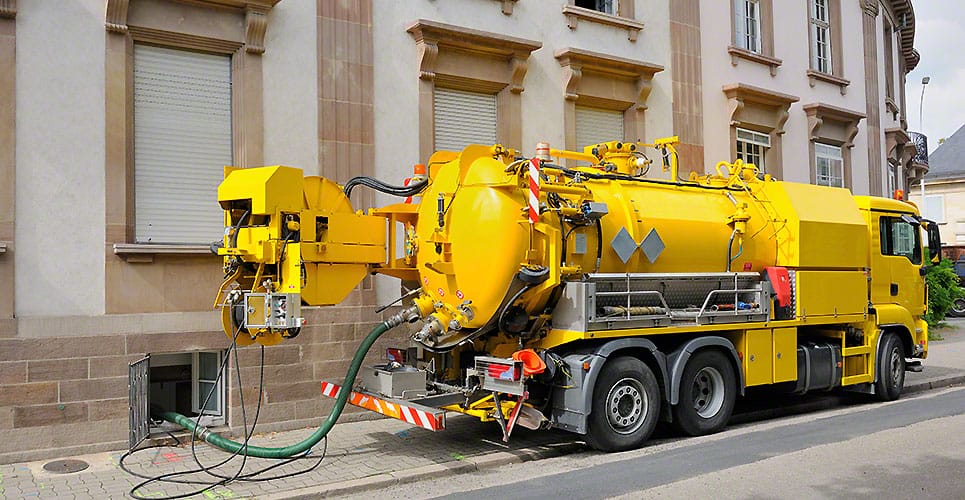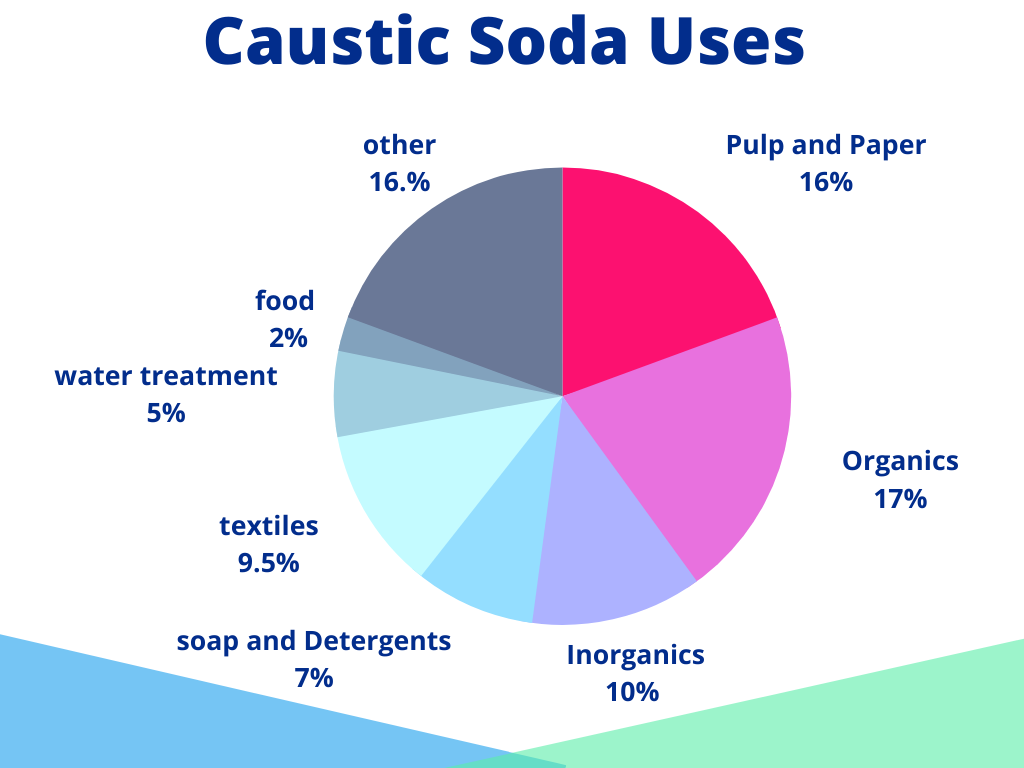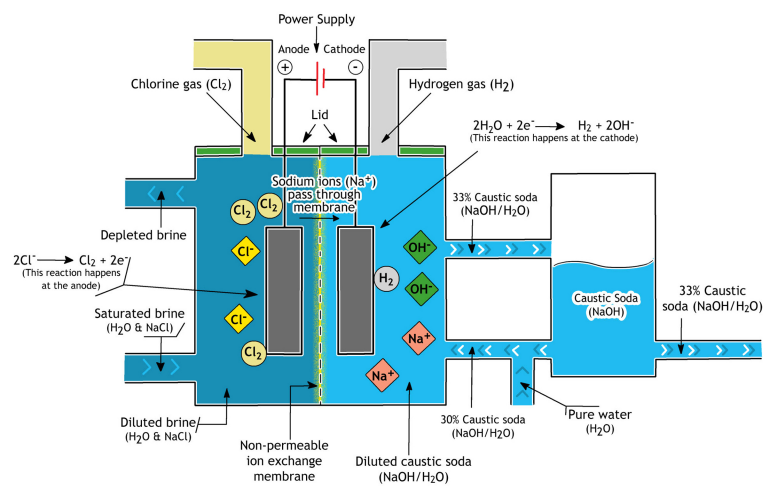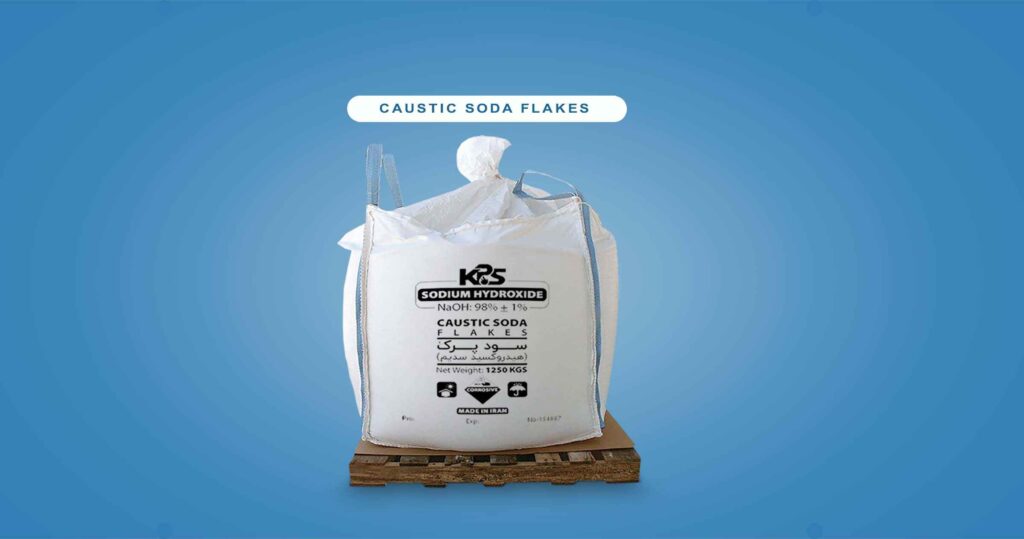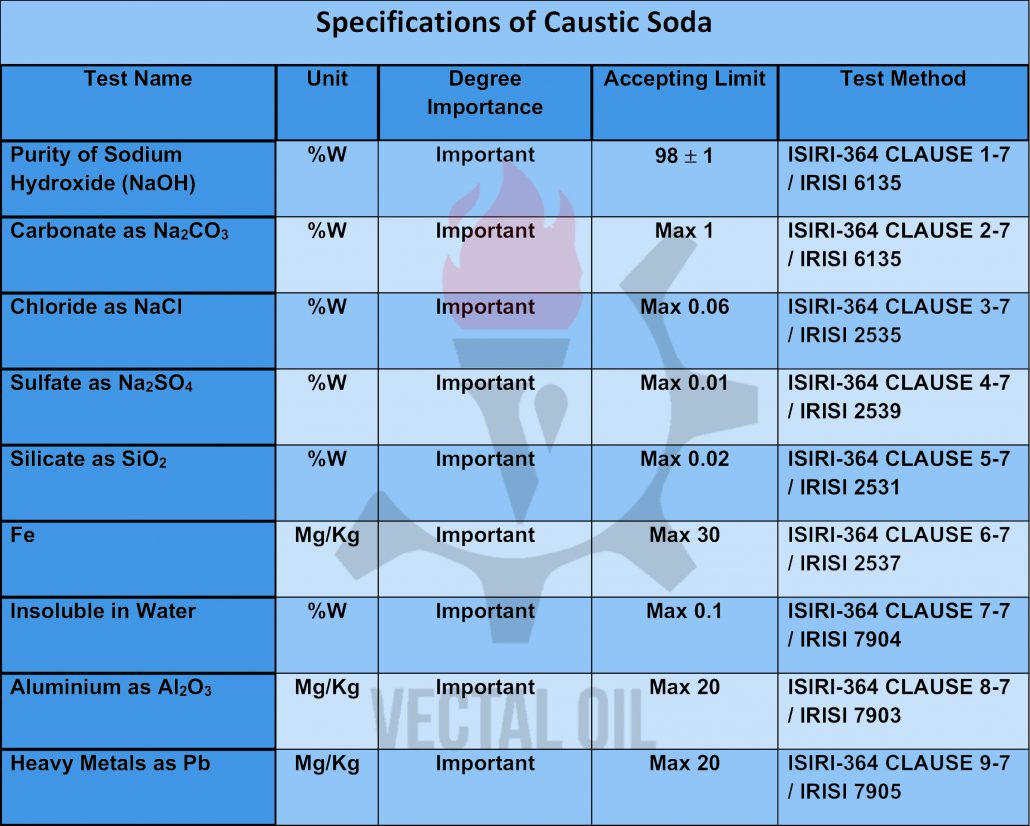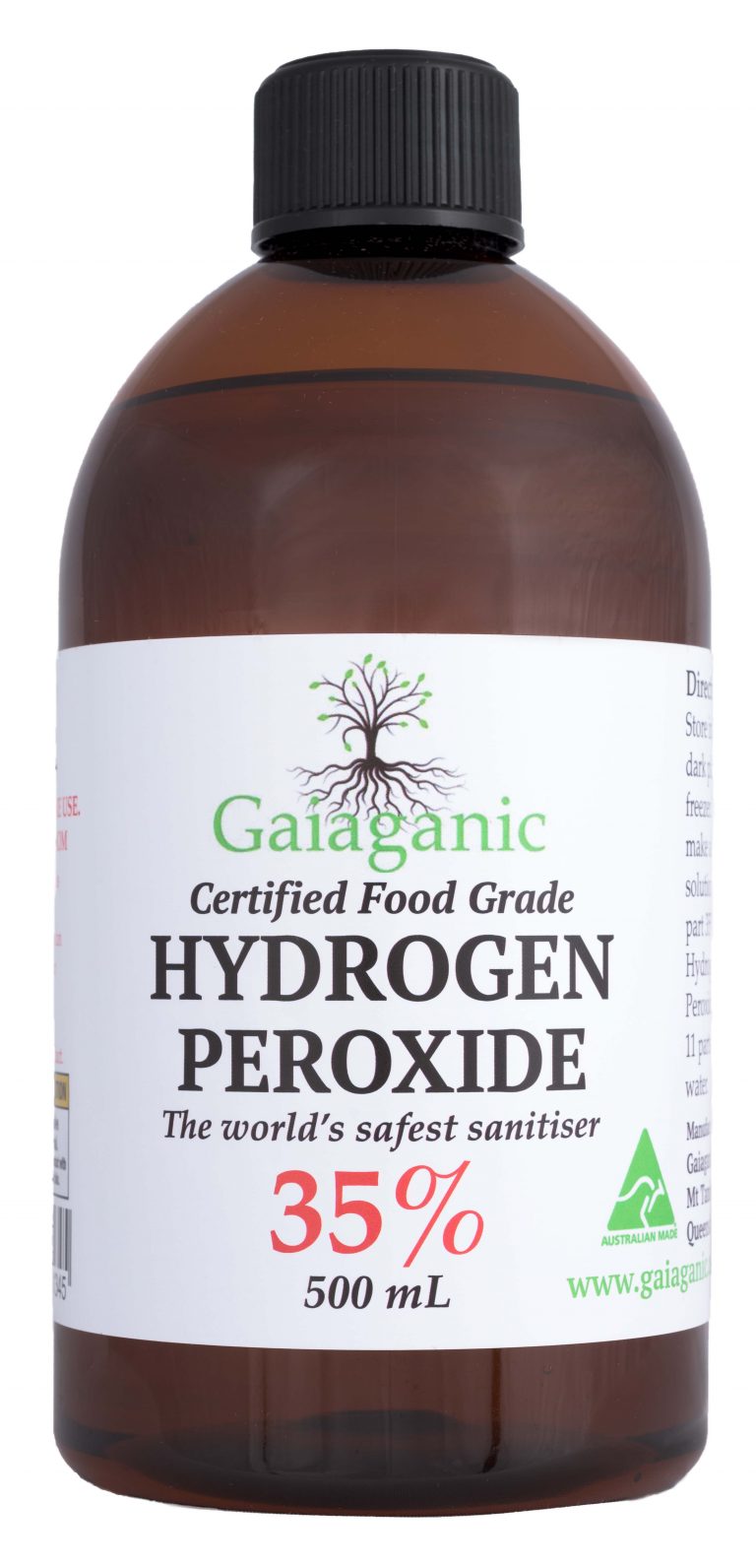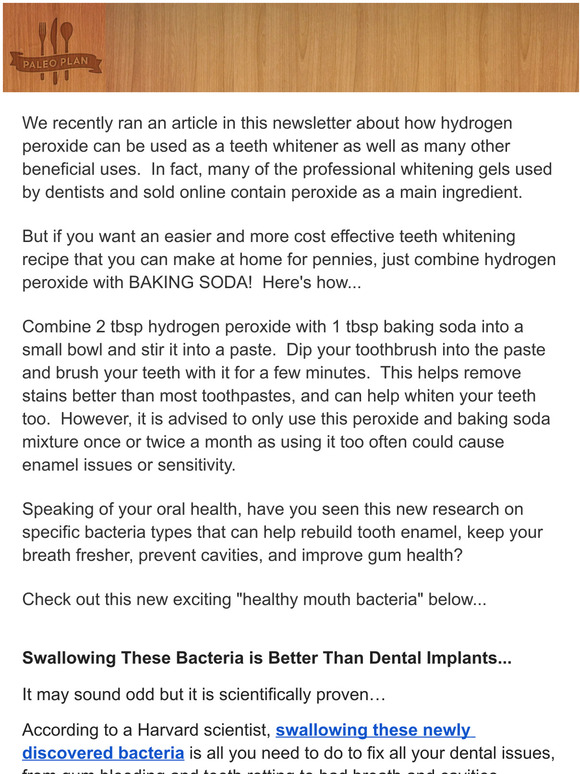If you want to unclog your kitchen sink without using any harsh chemicals, the baking soda and vinegar method is a great option. This natural and effective method works by creating a chemical reaction that can dissolve any buildup or blockage in your pipes. All you need to do is pour 1/2 cup of baking soda down the drain, followed by 1/2 cup of vinegar. Let it sit for about 30 minutes, and then flush with hot water. This should clear out any clogs and leave your sink smelling fresh.1. Baking Soda and Vinegar Method
Another tried and true method for unclogging a kitchen sink is by using a plunger. This tool creates suction and pressure, which can dislodge any debris or buildup in your pipes. First, block the overflow opening and any other drains in your sink. Then, place the plunger over the drain and push down and pull up quickly several times. This should create enough pressure to unclog your sink. Finish by flushing with hot water.2. Plunger Method
If you have a grease or oil blockage in your sink, pouring boiling water down the drain may be the solution. Boil a pot of water and carefully pour it down the drain in two to three stages, waiting a few seconds in between each pour. The hot water can melt and flush away any greasy buildup in your pipes.3. Boiling Water Method
Similar to the boiling water method, using salt and hot water can also help break down and flush away grease and oil clogs. Start by pouring 1/2 cup of salt down the drain, followed by a pot of hot water. Let it sit for a few minutes, and then flush with hot water. Repeat if necessary.4. Salt and Hot Water Method
If you have a wet and dry vacuum at home, you can use it to unclog your kitchen sink. Set the vacuum to wet mode, cover the vent, and place it over the drain. The suction from the vacuum can help remove any debris or buildup causing the clog. Be careful not to let the vacuum suck up any water, as this can damage the motor. Also, make sure to clean the vacuum thoroughly after using it for this purpose.5. Wet and Dry Vacuum Method
A simple wire hanger can also be a useful tool for unclogging a kitchen sink. Straighten out a wire hanger and bend one end into a small hook. Use this hook to fish out any debris or hair that may be causing the clog. You can also try pushing the hanger down the drain to dislodge any buildup. Flush with hot water afterwards to clear out any remaining clogs.6. Bent Wire Hanger Method
If your sink is clogged with food particles, dish soap and hot water can help break down the debris and flush it away. Pour a few tablespoons of dish soap down the drain, followed by a pot of hot water. Let it sit for a few minutes, and then flush with hot water. You can also add some baking soda before pouring the hot water for an extra boost of cleaning power.7. Dish Soap and Hot Water Method
Enzyme drain cleaners are a more natural and environmentally friendly alternative to chemical drain cleaners. These cleaners contain enzymes that can break down and dissolve organic matter, including food particles and grease. Follow the instructions on the product and let it sit for the recommended amount of time before flushing with hot water. These cleaners may take longer to work, but they are less harsh on your pipes and the environment.8. Enzyme Drain Cleaner Method
Caustic soda, also known as sodium hydroxide, is a strong base that can dissolve and break down organic matter. This method should be used with caution, as it is a harsh chemical that can cause burns if not handled properly. Wear protective gloves and eyewear before handling caustic soda. Mix 3 cups of caustic soda with 3/4 gallons of cold water in a bucket. Stir until it dissolves, and then pour it down the drain. Let it sit for about 30 minutes, and then flush with hot water.9. Caustic Soda Method
For tough clogs, a combination of hydrogen peroxide and baking soda can do the trick. Mix 1 cup of hydrogen peroxide with 1/4 cup of baking soda to create a paste. Spread the paste around the drain and let it sit for about an hour. Flush with hot water to clear out the clog. You can also add a few drops of your favorite essential oil to the paste for a fresh and pleasant smell in your sink. With these 10 methods, you can easily unclog your kitchen sink without using any harsh chemicals. Remember to regularly clean your sink and avoid pouring grease and oil down the drain to prevent future clogs. Happy unclogging!10. Hydrogen Peroxide and Baking Soda Method
How to Unclog Your Kitchen Sink without Using Harsh Chemicals

Introduction to House Design
 When it comes to house design, many homeowners focus on creating a beautiful and functional space. However, one often overlooked aspect of house design is the functionality of the plumbing system. A clogged kitchen sink can quickly disrupt the flow of daily life and cause unnecessary stress. While there are various chemical products on the market that claim to unclog sinks, they are often harmful to the environment and can be harsh on your pipes. In this article, we will discuss how to unclog your kitchen sink without chemicals, using simple and natural methods that are both effective and eco-friendly.
When it comes to house design, many homeowners focus on creating a beautiful and functional space. However, one often overlooked aspect of house design is the functionality of the plumbing system. A clogged kitchen sink can quickly disrupt the flow of daily life and cause unnecessary stress. While there are various chemical products on the market that claim to unclog sinks, they are often harmful to the environment and can be harsh on your pipes. In this article, we will discuss how to unclog your kitchen sink without chemicals, using simple and natural methods that are both effective and eco-friendly.
The Main Keyword: Unclog Kitchen Sink without Chemicals
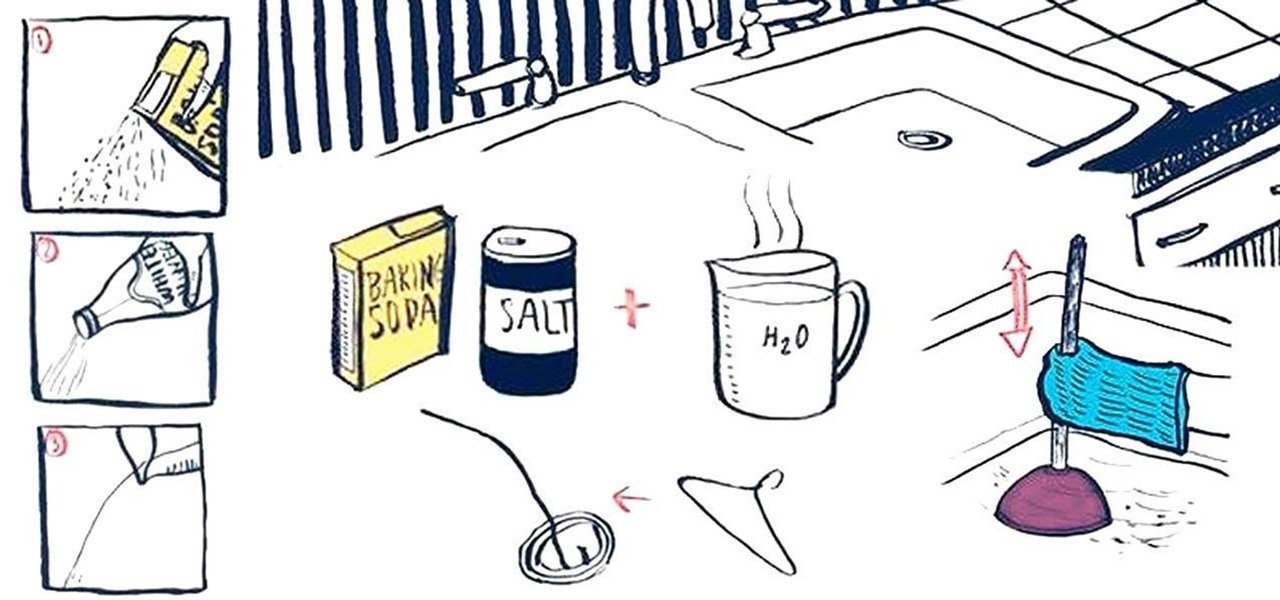 The main keyword of this article is "unclog kitchen sink without chemicals." It is important to highlight this keyword as it is the primary focus of this article. Chemical drain cleaners are not only harmful to the environment, but they can also cause damage to your pipes and lead to more expensive plumbing issues in the future. By learning how to unclog your kitchen sink without chemicals, you can save money and ensure the longevity of your plumbing system.
The main keyword of this article is "unclog kitchen sink without chemicals." It is important to highlight this keyword as it is the primary focus of this article. Chemical drain cleaners are not only harmful to the environment, but they can also cause damage to your pipes and lead to more expensive plumbing issues in the future. By learning how to unclog your kitchen sink without chemicals, you can save money and ensure the longevity of your plumbing system.
Use Natural Ingredients
 One of the most effective and safest ways to unclog your kitchen sink is by using natural ingredients that you may already have in your pantry.
Baking soda
and
vinegar
are two household items that are known for their cleaning and unclogging properties. To start, remove any standing water from the sink and pour half a cup of baking soda down the drain. Follow this with one cup of vinegar and let it sit for about 10-15 minutes. Then, pour boiling water down the drain to flush out the mixture and any remaining debris. This method not only unclogs the sink but also helps to eliminate any unpleasant odors.
One of the most effective and safest ways to unclog your kitchen sink is by using natural ingredients that you may already have in your pantry.
Baking soda
and
vinegar
are two household items that are known for their cleaning and unclogging properties. To start, remove any standing water from the sink and pour half a cup of baking soda down the drain. Follow this with one cup of vinegar and let it sit for about 10-15 minutes. Then, pour boiling water down the drain to flush out the mixture and any remaining debris. This method not only unclogs the sink but also helps to eliminate any unpleasant odors.
Try a Plunger
 Another simple and effective way to unclog your kitchen sink without chemicals is by using a plunger. This method works best for minor clogs and can be done in a few easy steps. First, fill the sink with enough water to cover the plunger head. Place the plunger over the drain and firmly plunge up and down for about 30 seconds. This pressure will help to dislodge any clogs and clear the drain. Once the water starts to drain, remove any remaining debris and run hot water to flush out the drain.
Another simple and effective way to unclog your kitchen sink without chemicals is by using a plunger. This method works best for minor clogs and can be done in a few easy steps. First, fill the sink with enough water to cover the plunger head. Place the plunger over the drain and firmly plunge up and down for about 30 seconds. This pressure will help to dislodge any clogs and clear the drain. Once the water starts to drain, remove any remaining debris and run hot water to flush out the drain.
Prevent Future Clogs
 Once you have successfully unclogged your kitchen sink, it is important to take preventative measures to avoid future clogs. One way to do this is by using a mesh strainer over the drain to catch any food particles or debris. Regularly cleaning the strainer will also help to prevent buildup. Additionally, avoid pouring grease, oil, and coffee grounds down the drain as they can harden and cause clogs.
Once you have successfully unclogged your kitchen sink, it is important to take preventative measures to avoid future clogs. One way to do this is by using a mesh strainer over the drain to catch any food particles or debris. Regularly cleaning the strainer will also help to prevent buildup. Additionally, avoid pouring grease, oil, and coffee grounds down the drain as they can harden and cause clogs.
In Conclusion
 In conclusion, unclogging your kitchen sink without using harsh chemicals is not only better for the environment, but it is also a safer and more cost-effective option. By using natural ingredients, a plunger, and taking preventative measures, you can keep your kitchen sink functioning properly and maintain the overall functionality of your plumbing system. Remember to always use caution and proper safety measures when attempting to unclog a sink. With these simple and natural methods, you can keep your kitchen sink clog-free and your house design running smoothly.
In conclusion, unclogging your kitchen sink without using harsh chemicals is not only better for the environment, but it is also a safer and more cost-effective option. By using natural ingredients, a plunger, and taking preventative measures, you can keep your kitchen sink functioning properly and maintain the overall functionality of your plumbing system. Remember to always use caution and proper safety measures when attempting to unclog a sink. With these simple and natural methods, you can keep your kitchen sink clog-free and your house design running smoothly.



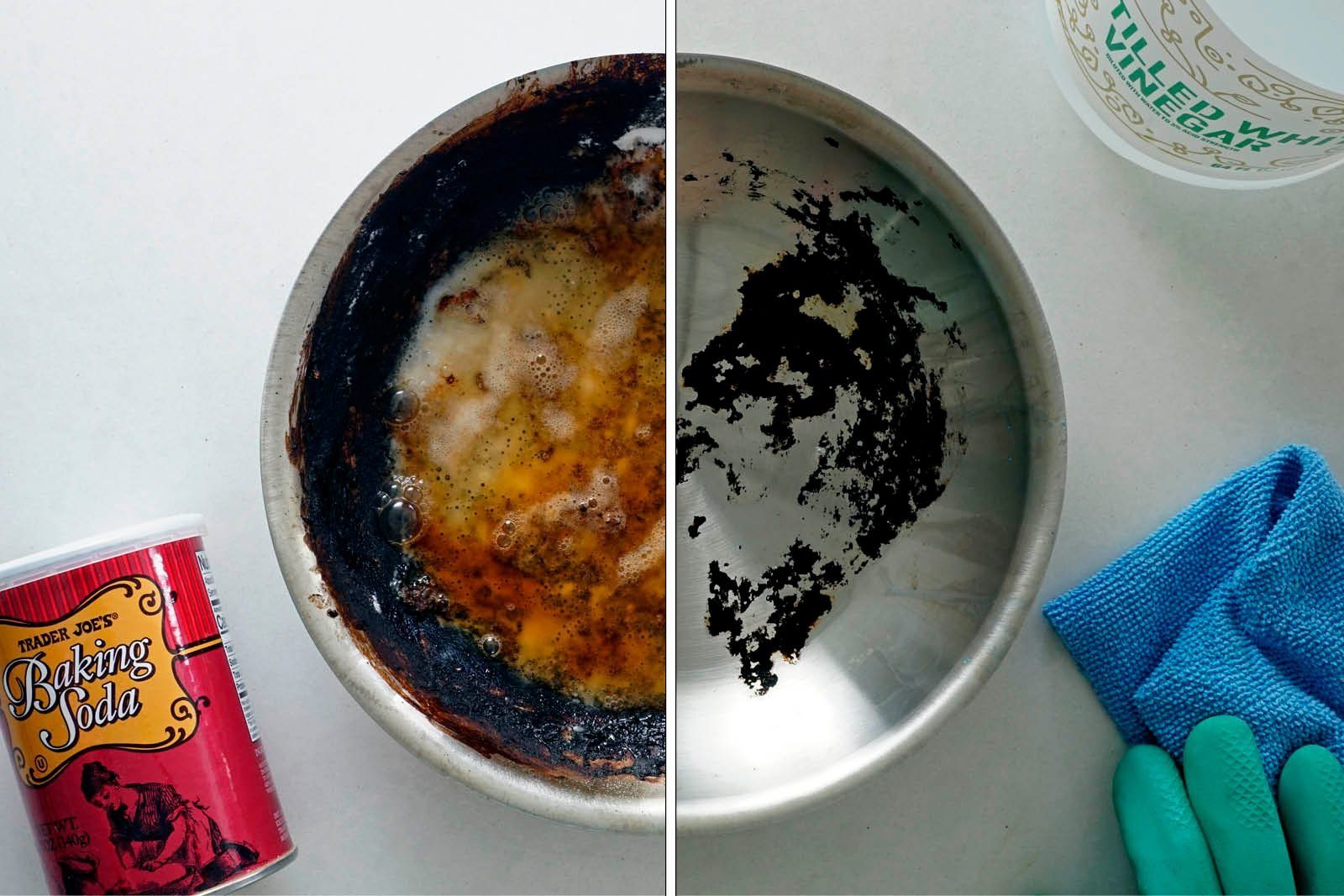
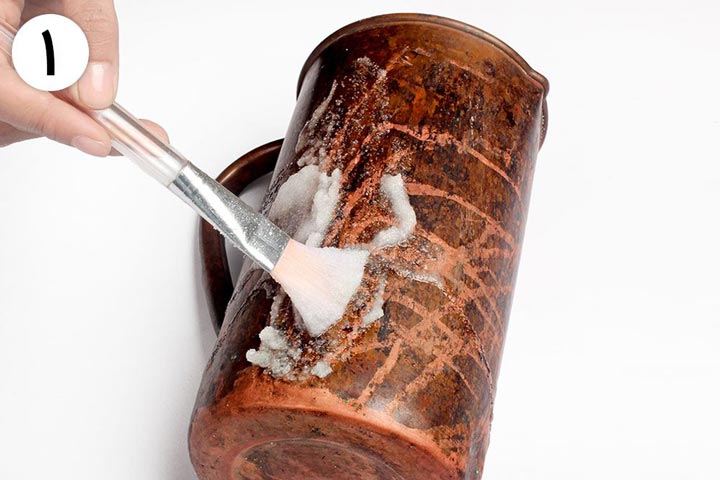




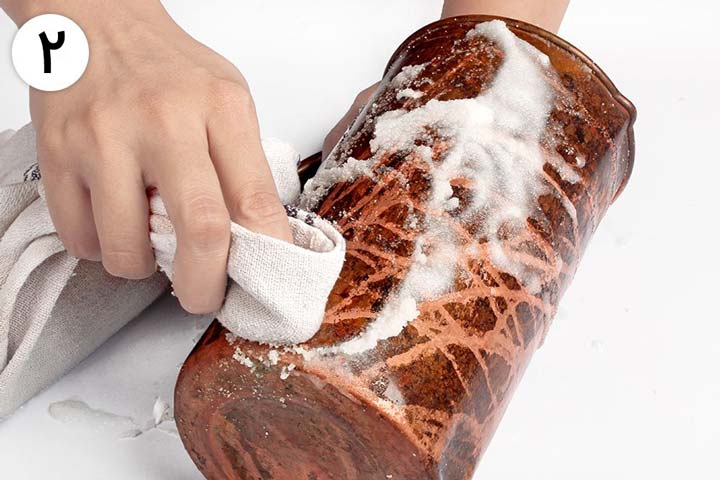






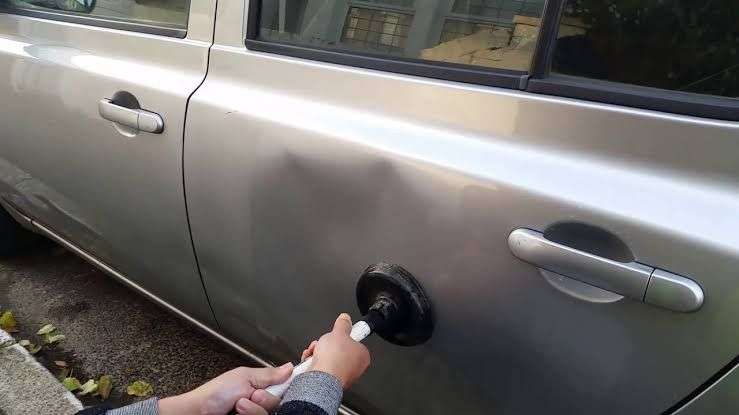



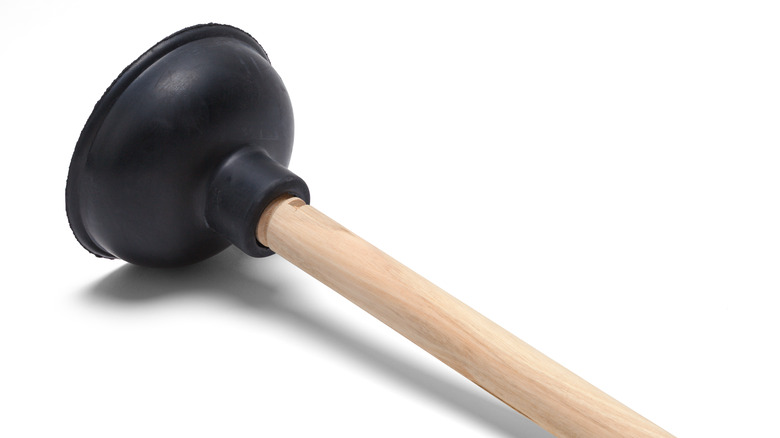

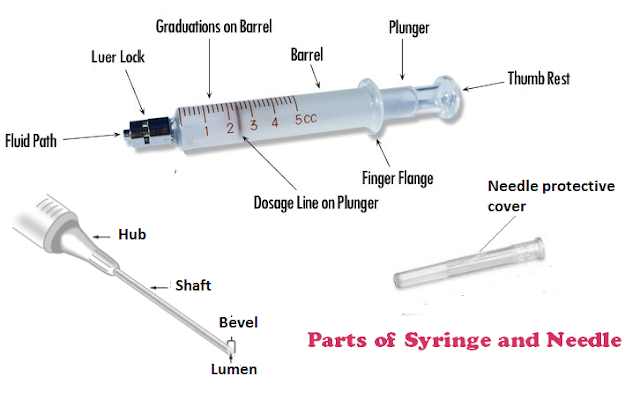



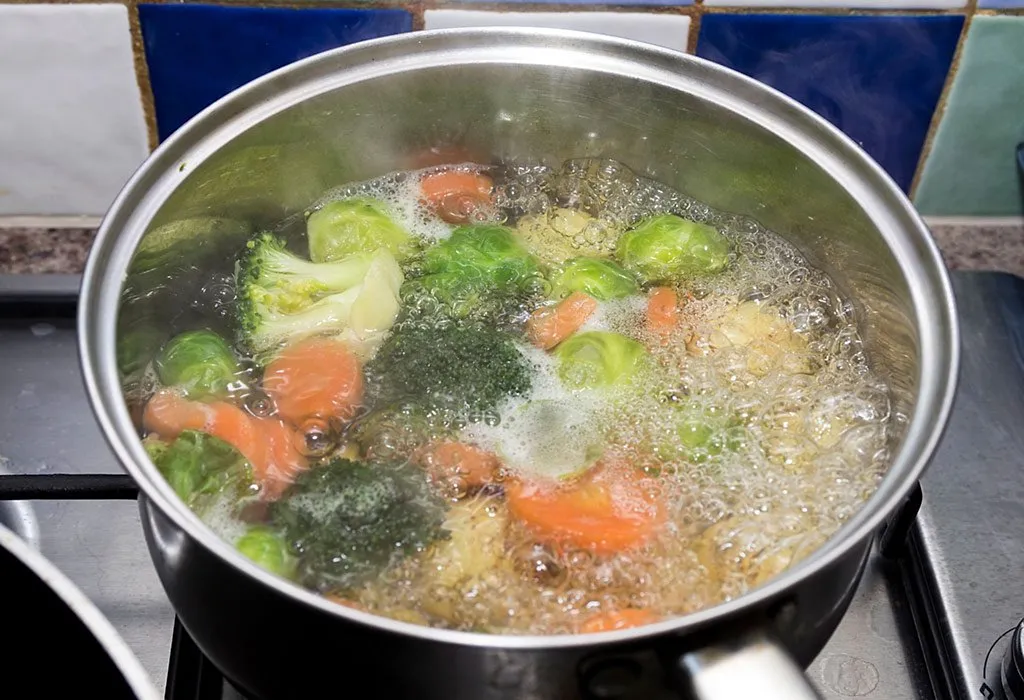
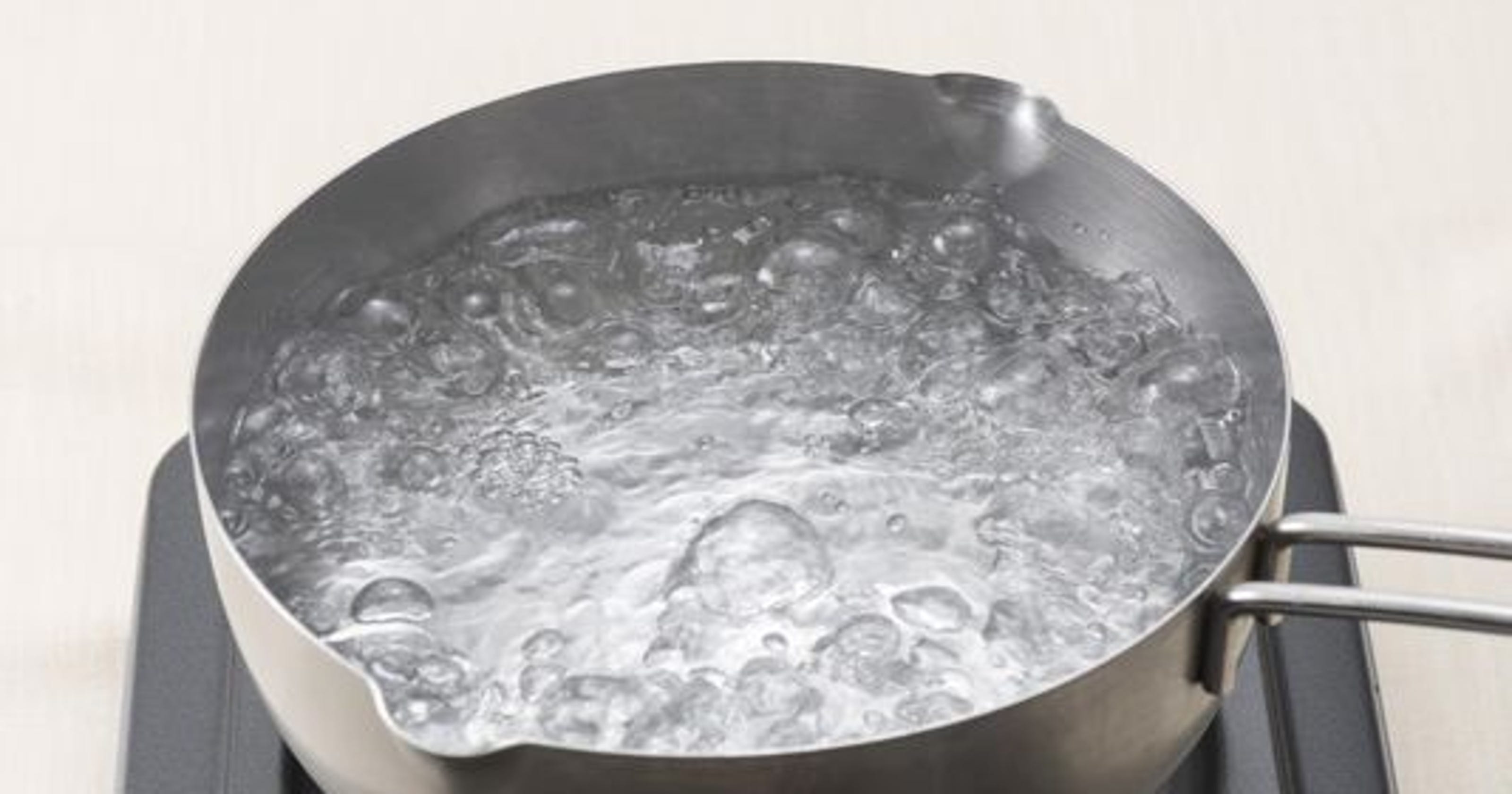
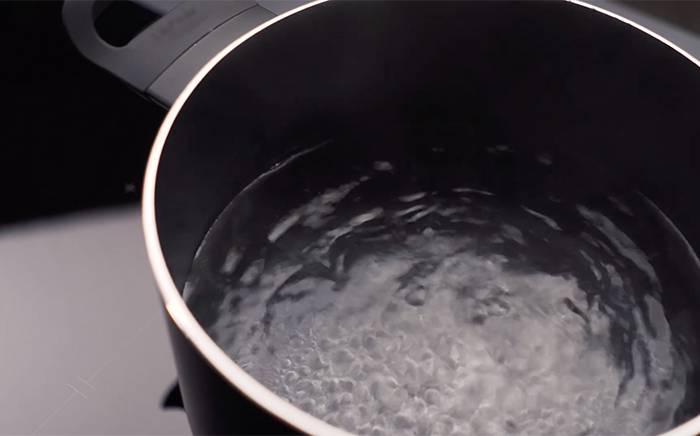
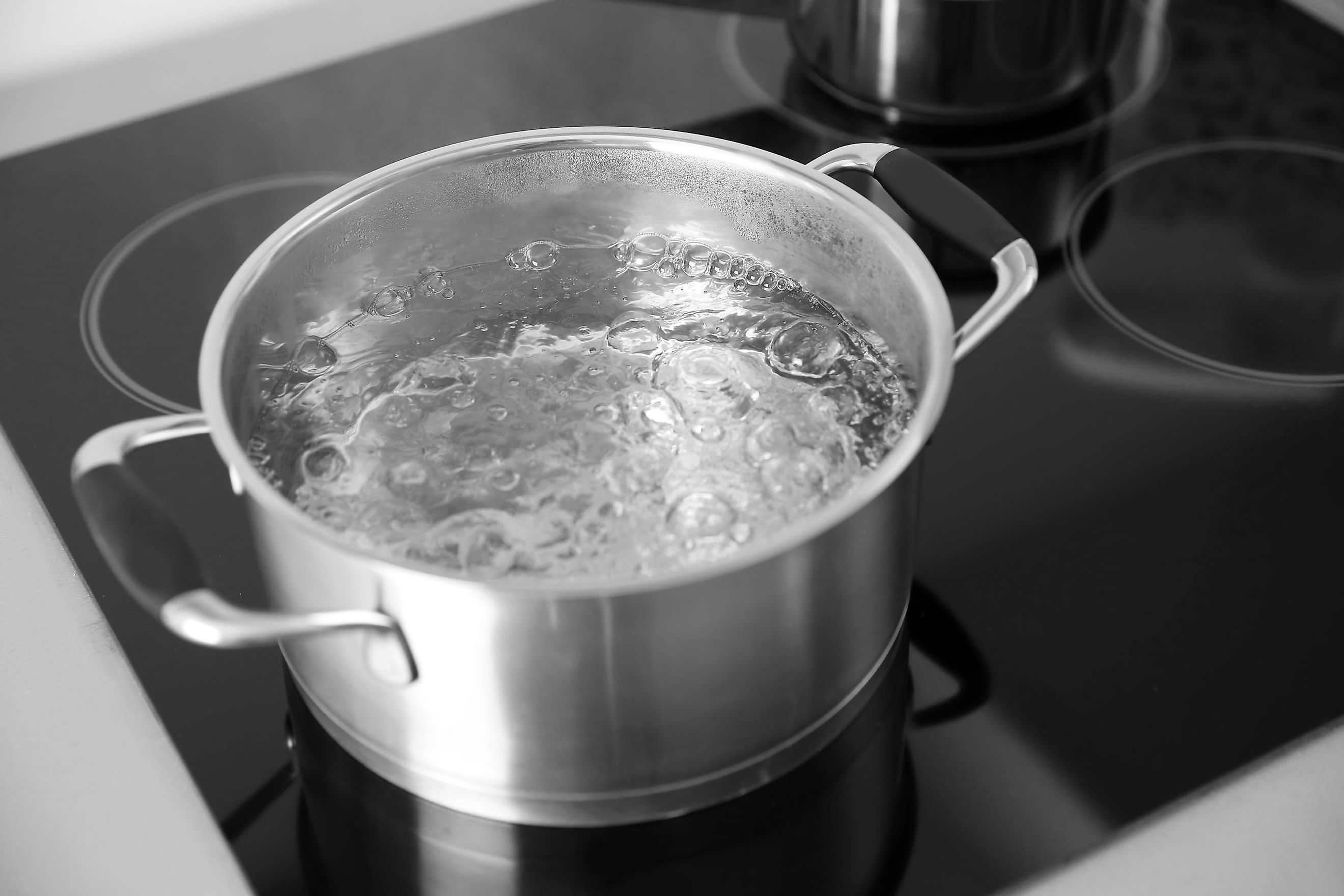





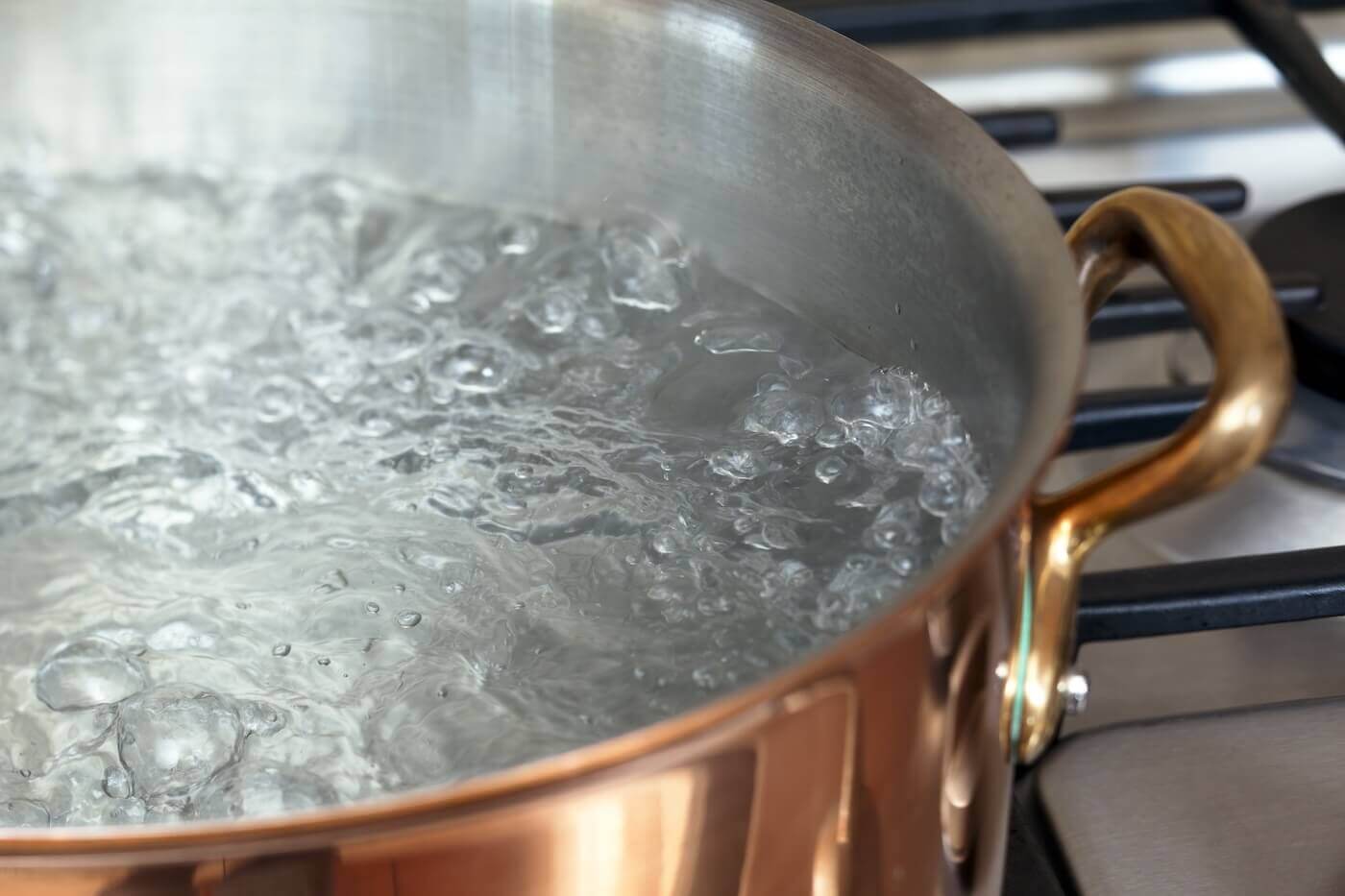







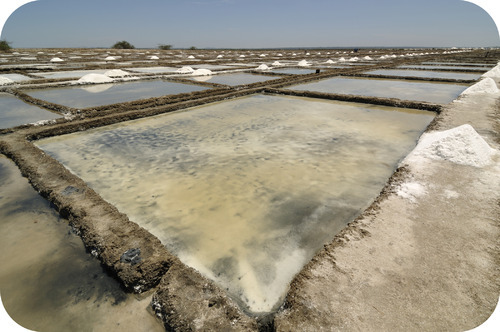
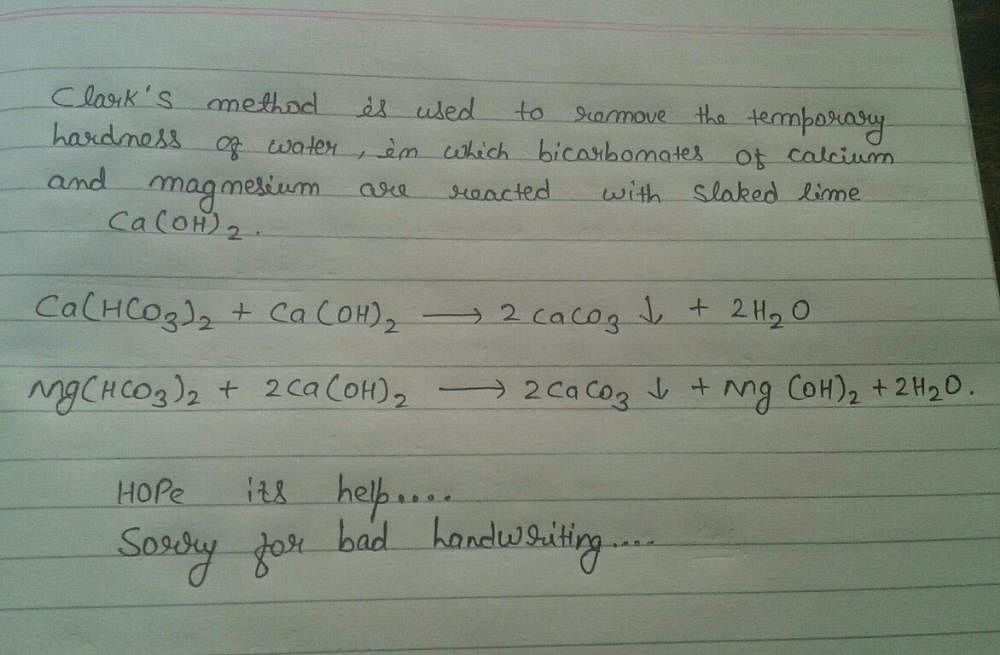

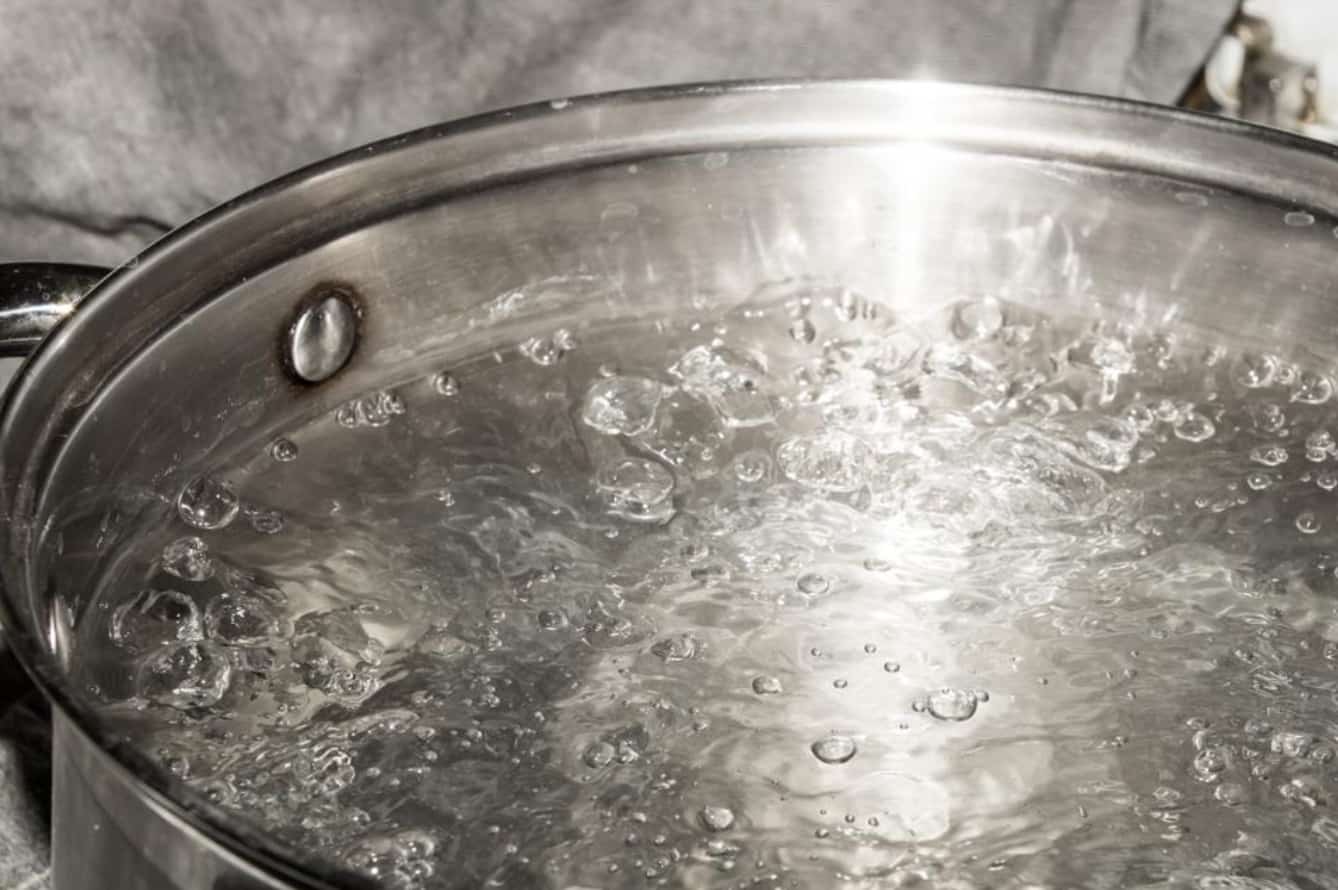
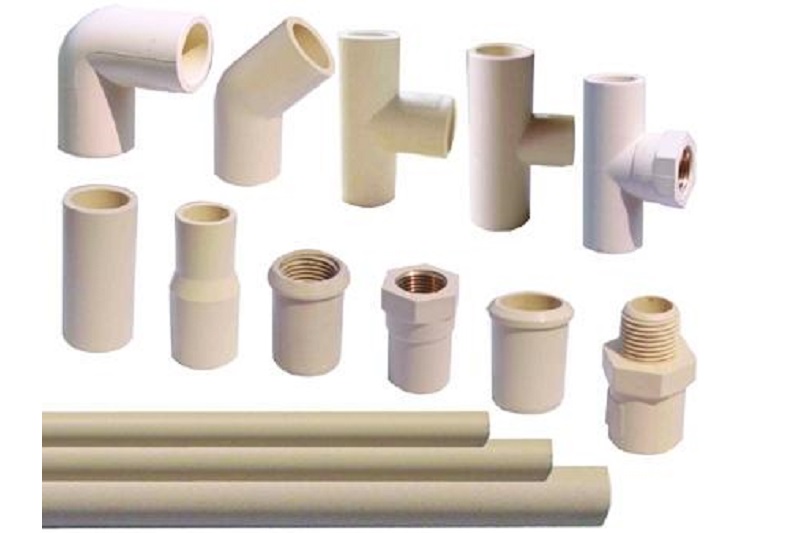







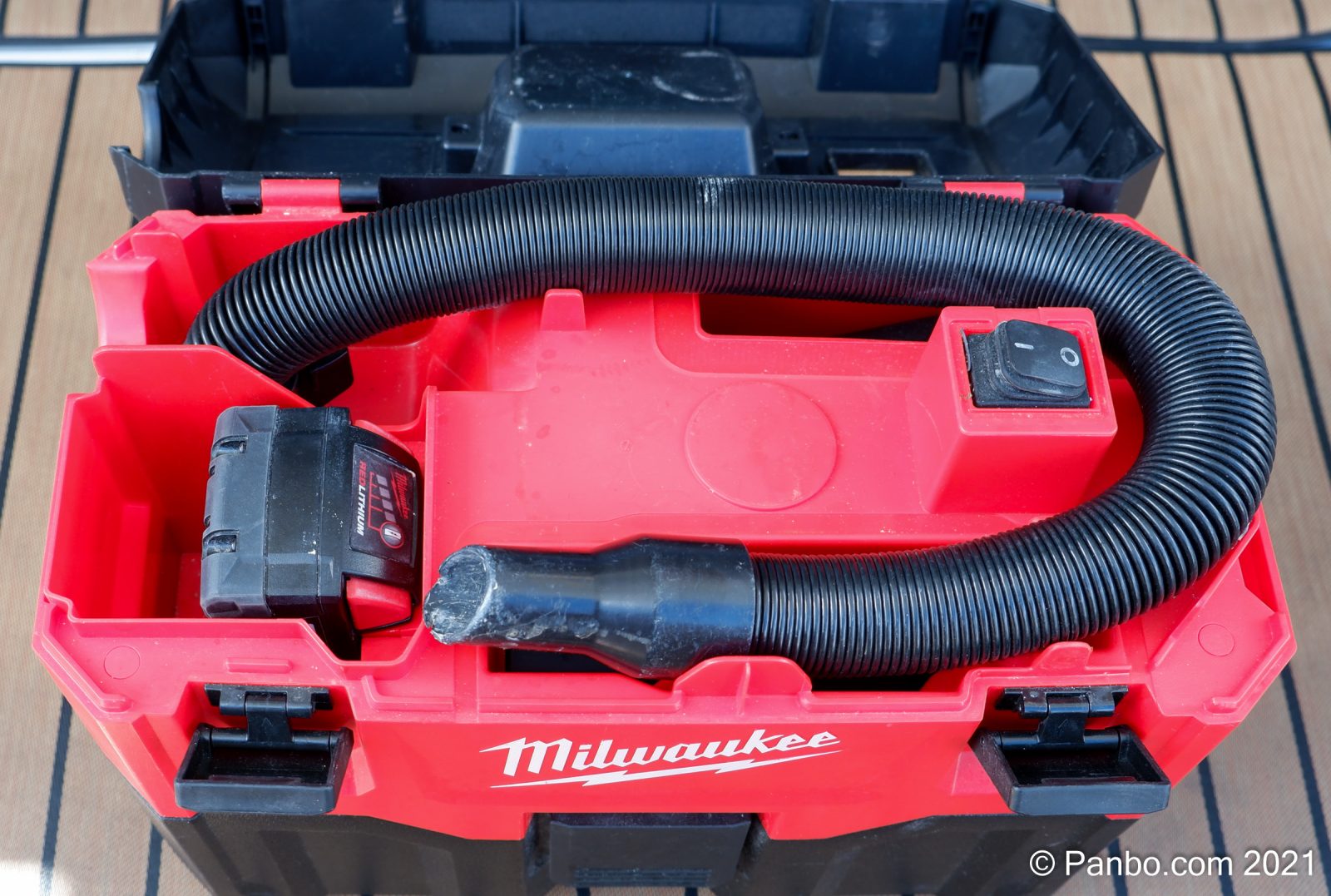
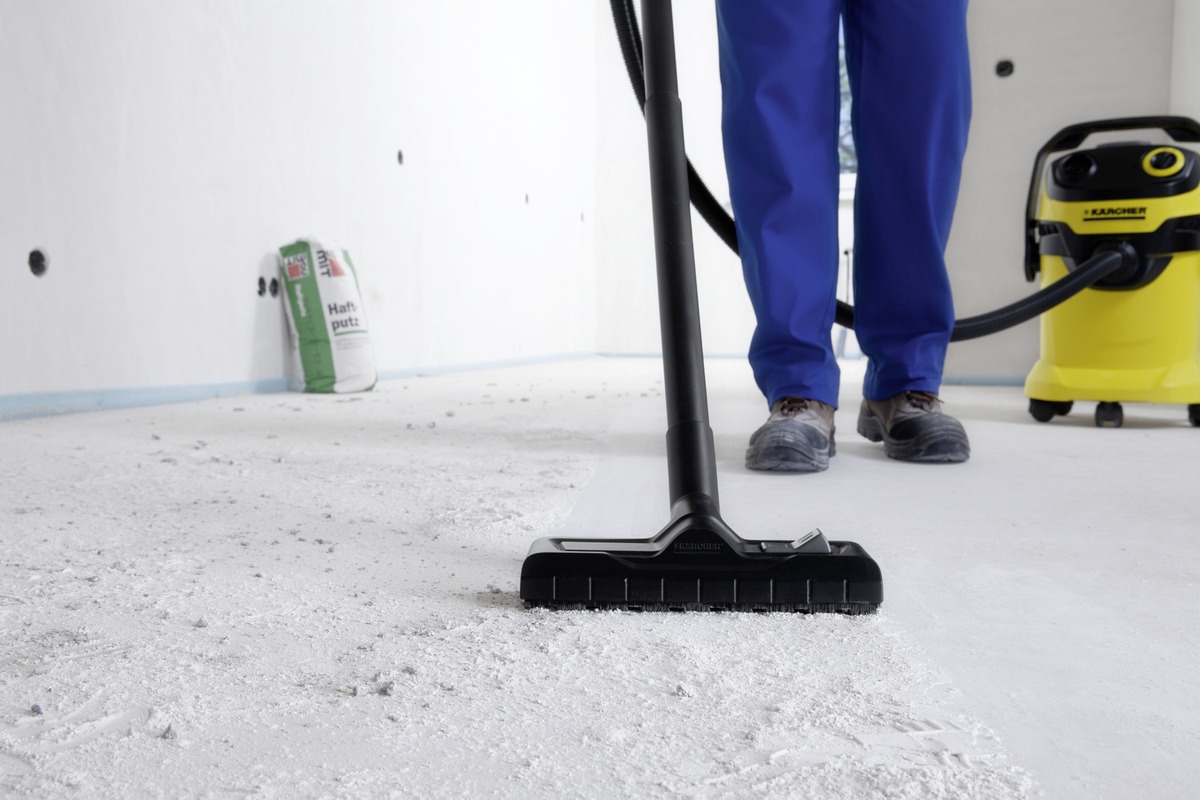

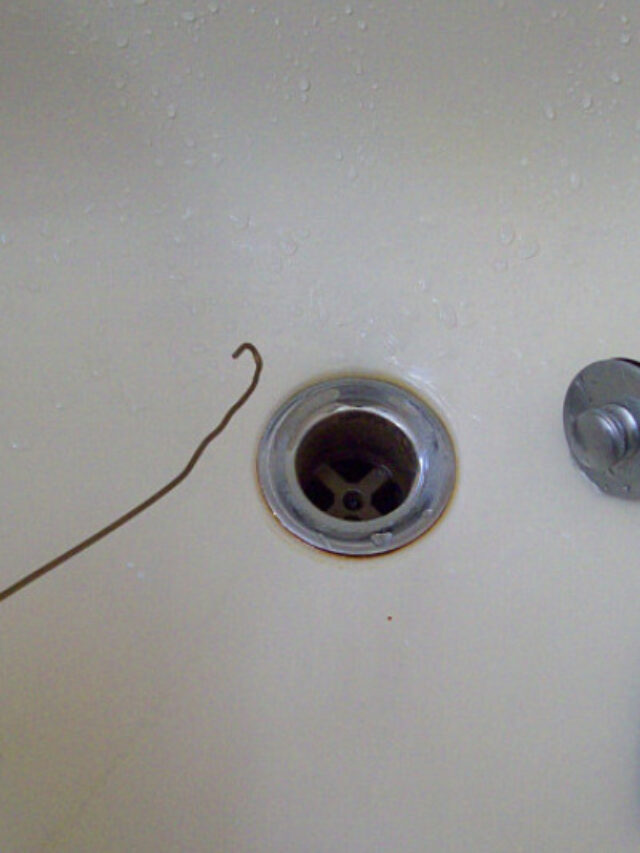

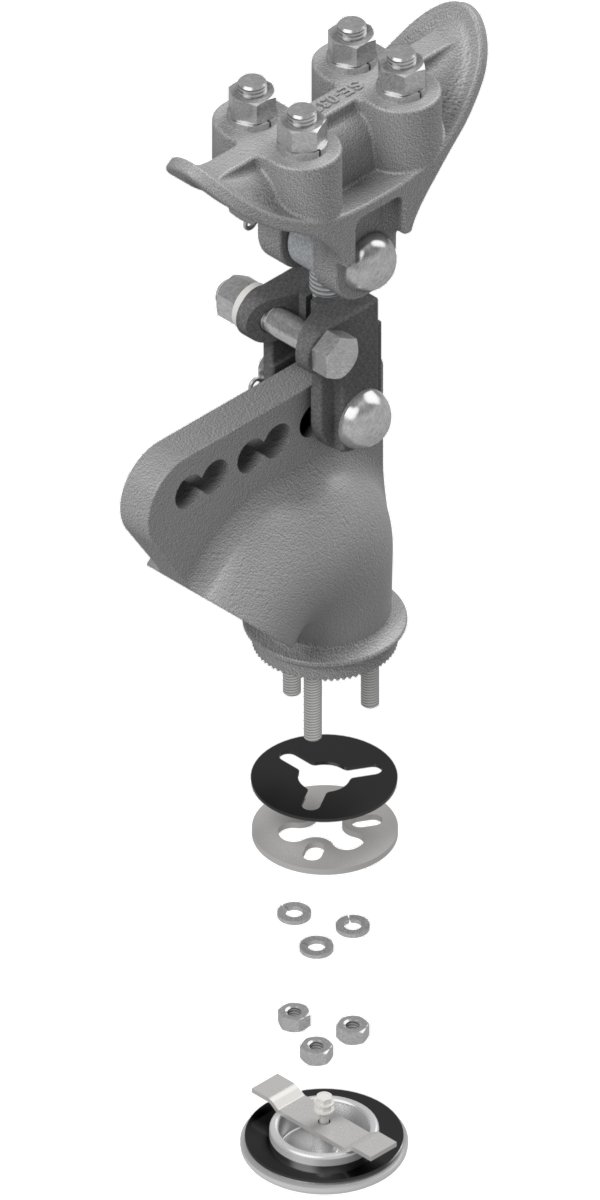
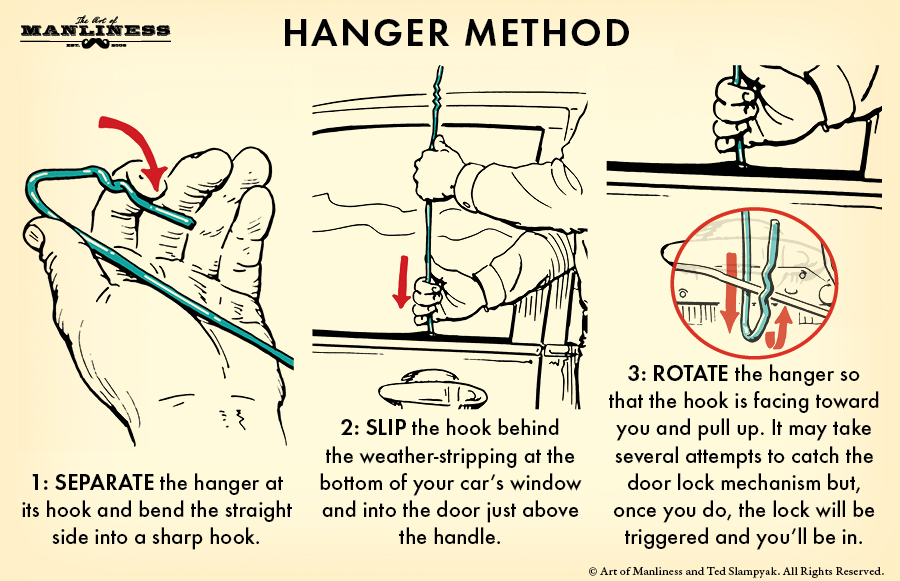

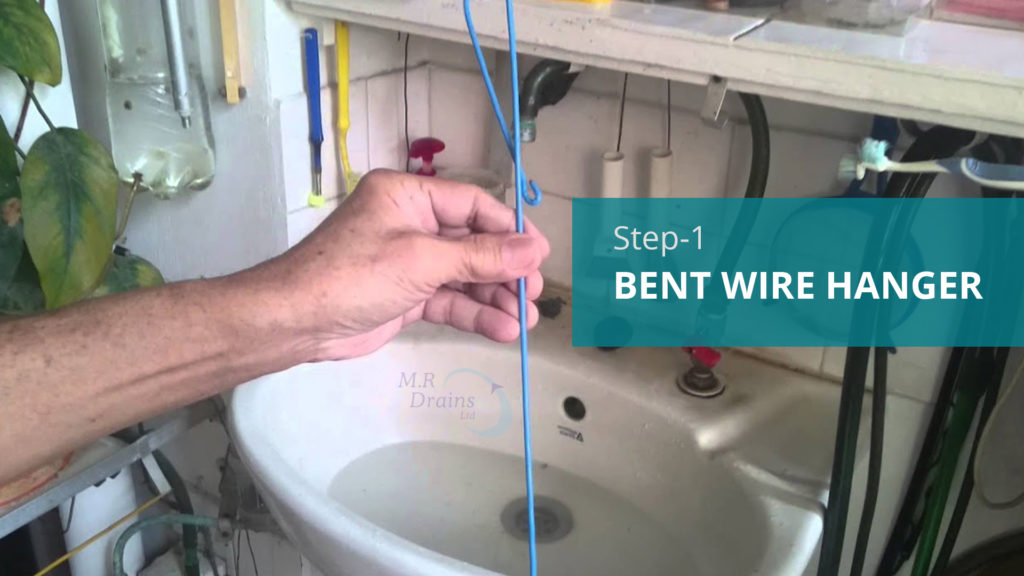

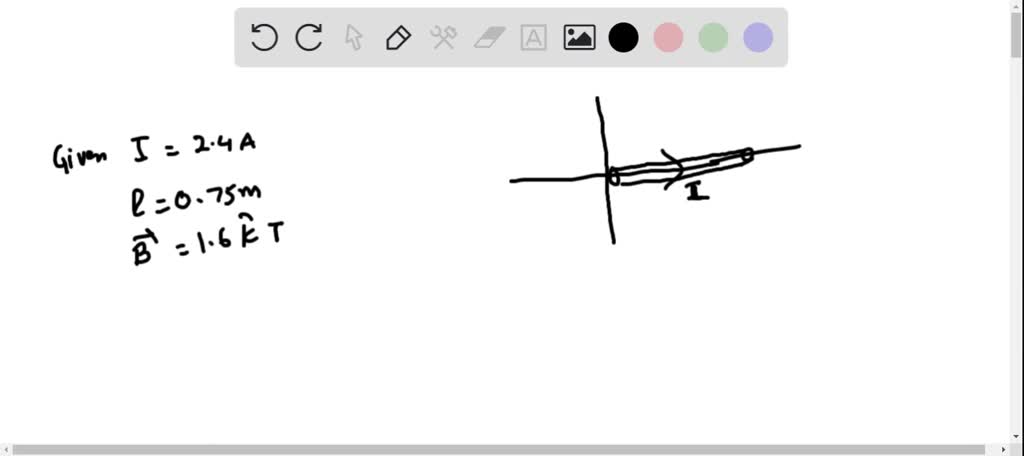




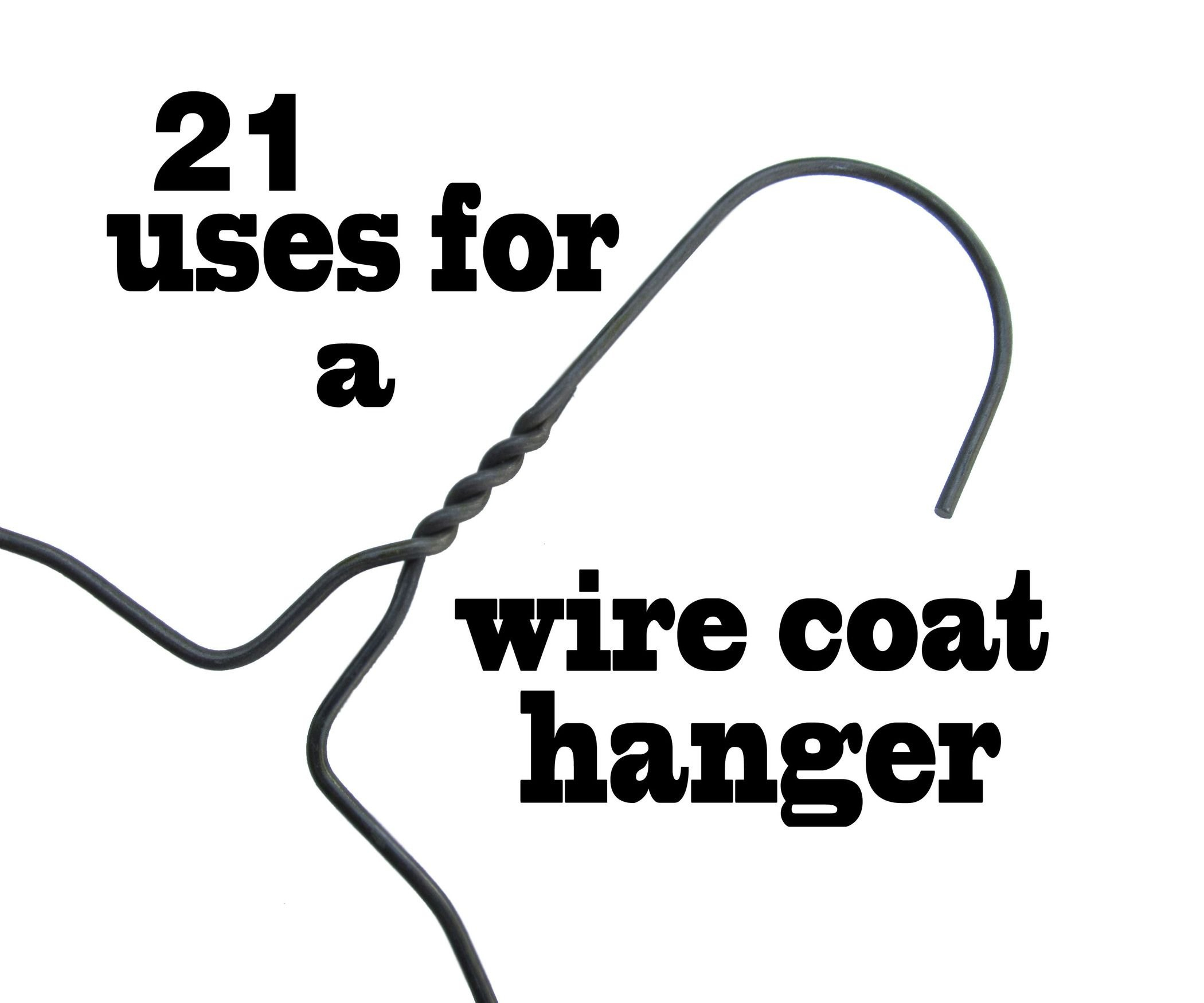
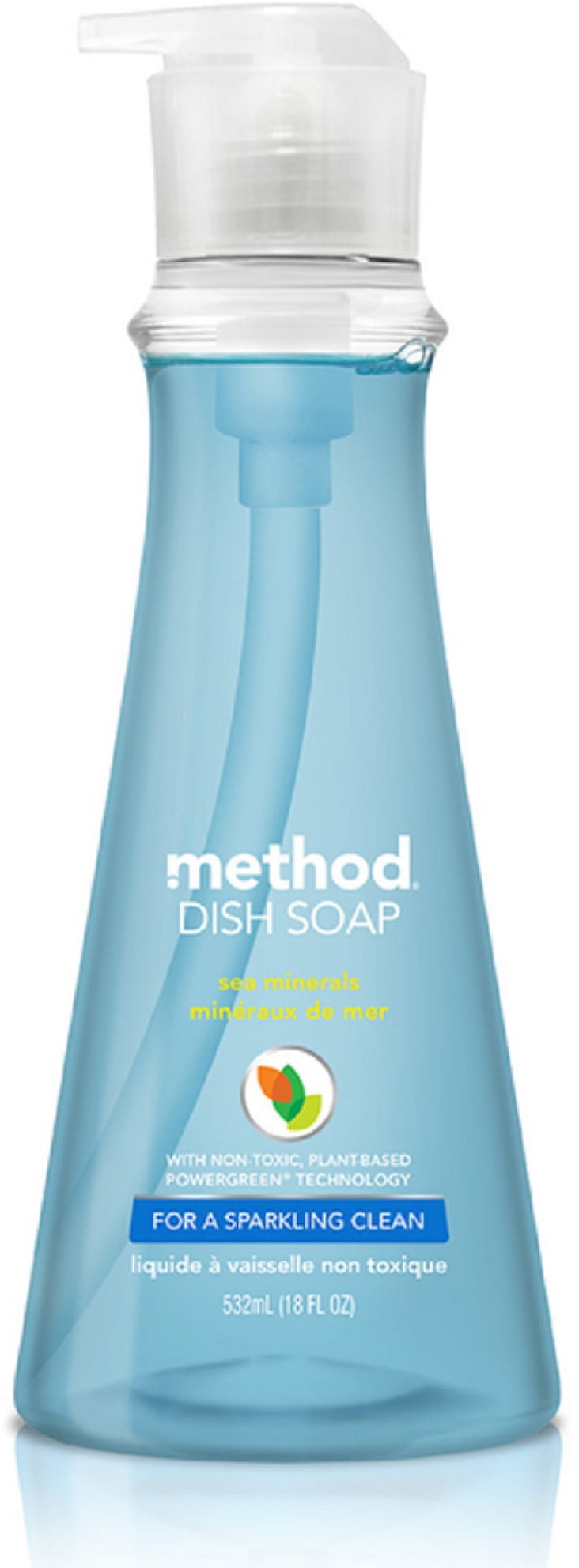

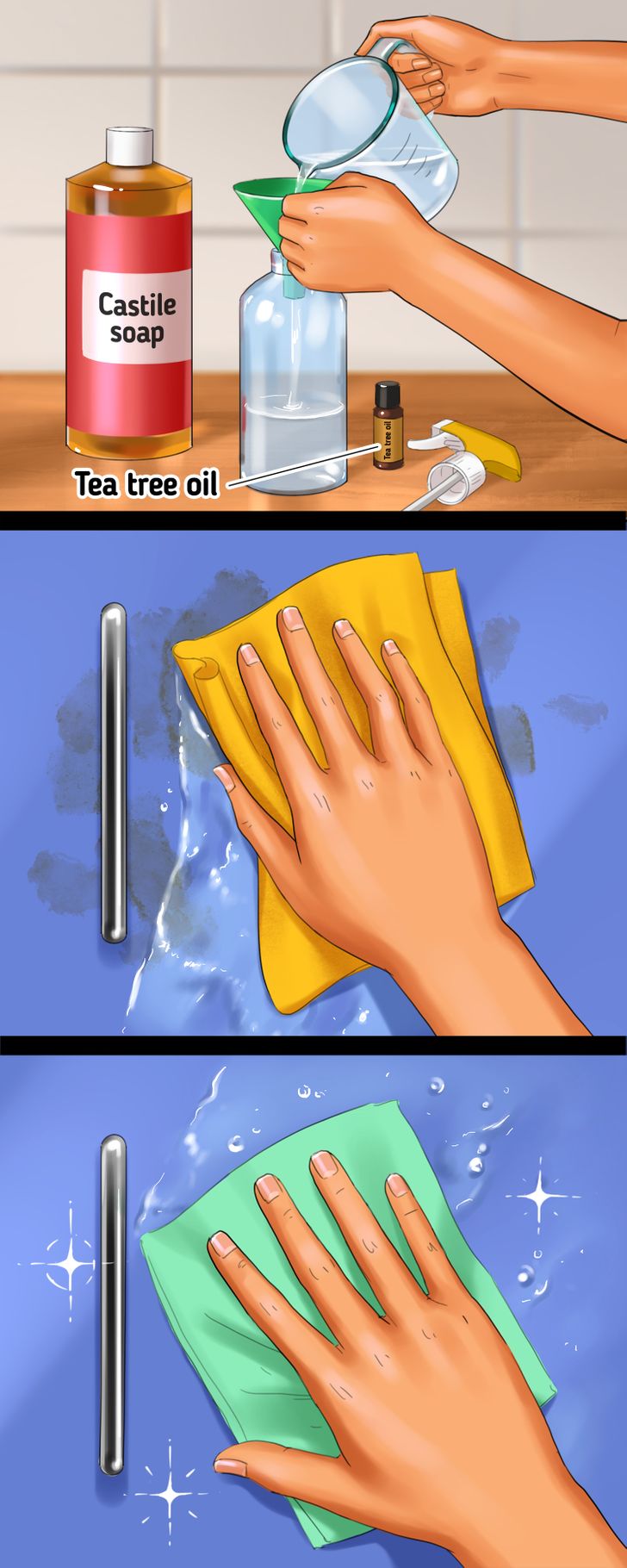
/GettyImages-80566571-5a1ca234aad52b00373338ff.jpg)
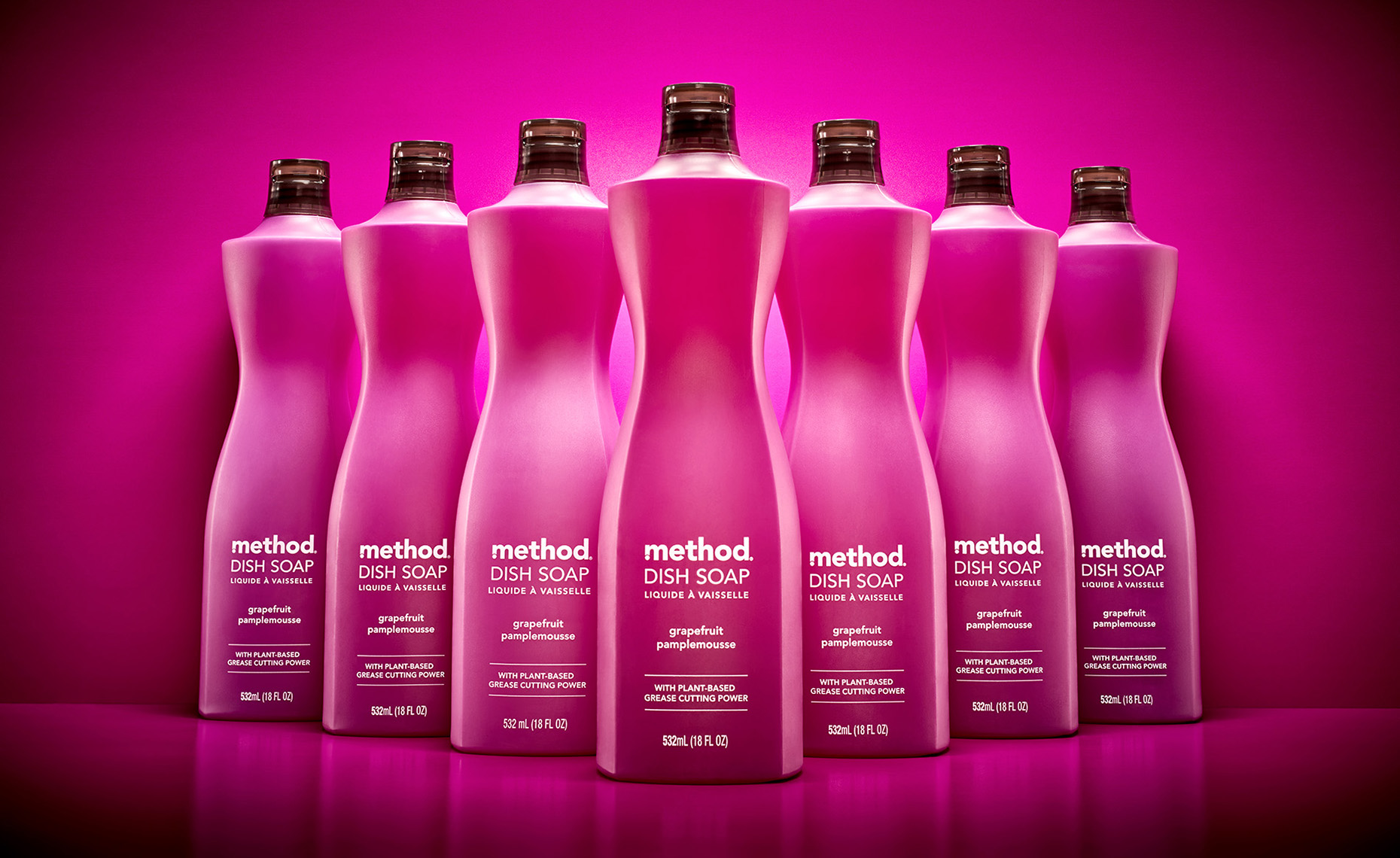

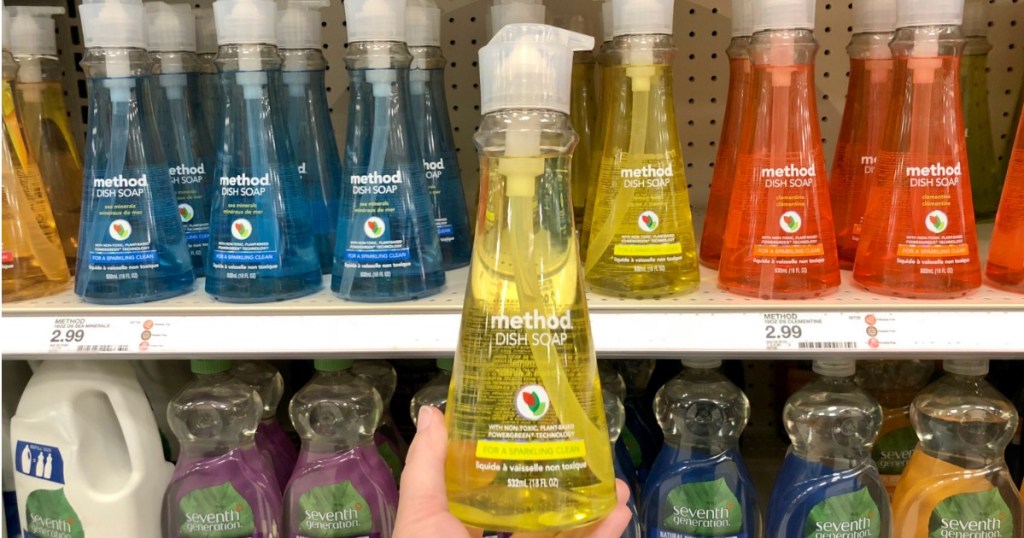


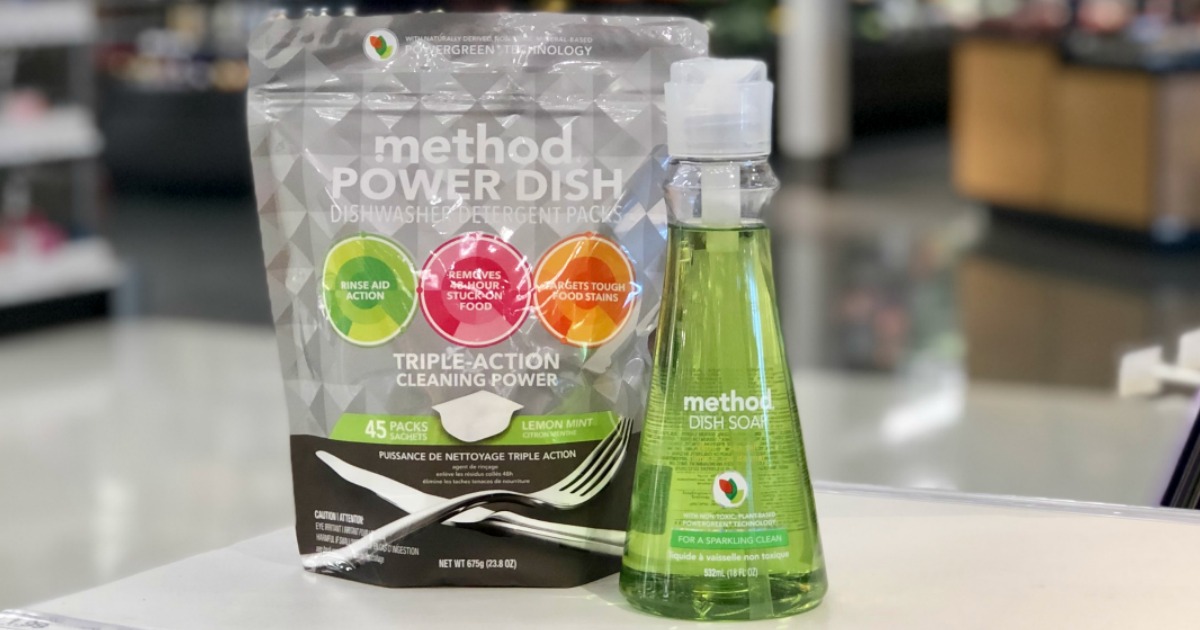



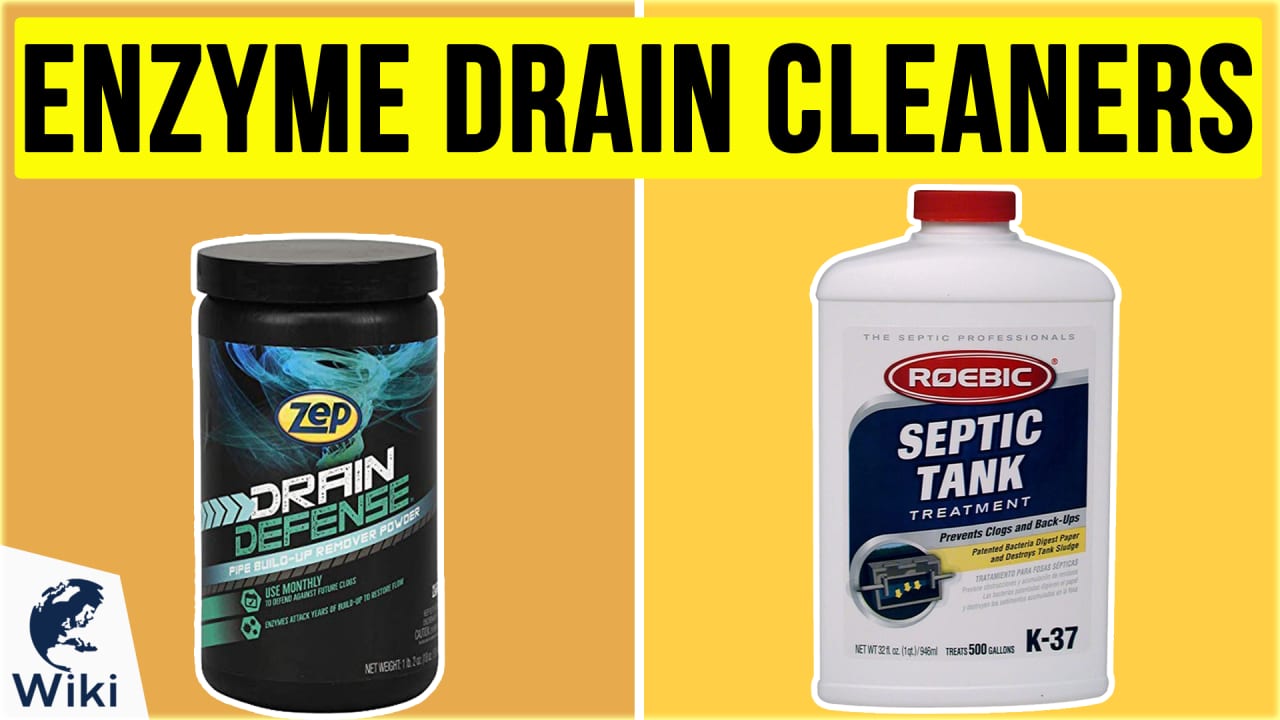


/GreenGobblerRefresh32oz-5bc63b0d4cedfd00266e4611.jpg)


